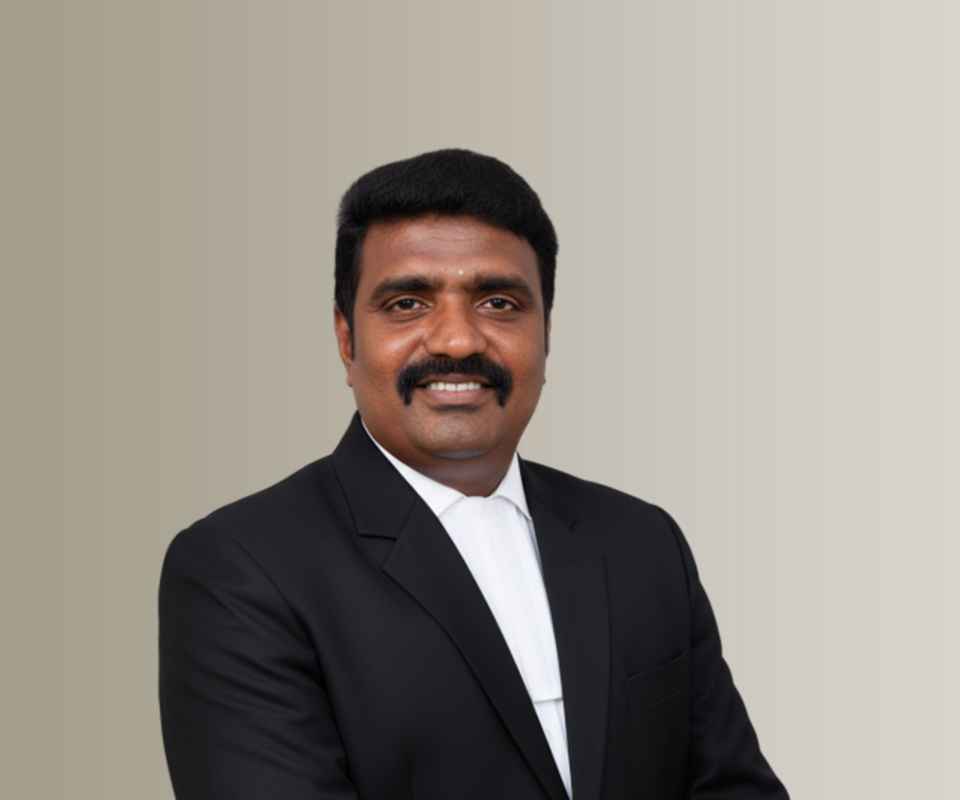Answer By law4u team
Adopted children, like biological children, have a right to legal protection and social security under the law. Adoption laws are designed to ensure that the rights of adopted children are fully recognized and protected, both during the adoption process and after the child is integrated into the adoptive family. These legal protections are critical in ensuring that adopted children have the same rights as children born into the family, covering areas such as identity, inheritance, and welfare.
1. Legal Rights of Adopted Children in India:
In India, the legal rights of adopted children are protected under various laws, including the Juvenile Justice (Care and Protection of Children) Act, Hindu Adoption and Maintenance Act (HAMA), and Special Marriage Act, among others. Key protections include:
a. Right to Inheritance:
Under Indian law, an adopted child has the right to inherit from their adoptive parents just like a biological child. The Hindu Adoption and Maintenance Act (HAMA) ensures that an adopted child becomes a full-fledged member of the adoptive family and is entitled to inheritance rights.
- Property Rights: An adopted child has the right to inherit immovable property (e.g., land, house) from adoptive parents, which is protected by law. Similarly, the child can claim a share of the parents' assets, including movable properties and wealth.
b. Right to Maintenance:
Adopted children are entitled to maintenance (financial support) from their adoptive parents. This includes the right to be provided with adequate food, shelter, education, and other necessities.
c. Right to Identity:
Adopted children in India are recognized as legal members of their adoptive family. They have the right to use their adoptive parents' surname and are legally considered the children of the adoptive parents in the eyes of the law.
- Adoption Orders: After the adoption process is finalized, the child is issued an adoption decree by the court, which formalizes the legal bond between the child and adoptive parents, effectively recognizing the child's new identity.
d. Right to Citizenship and Nationality:
Adopted children have the right to nationality and citizenship under the law. If an adopted child is a foreign national, the adoptive parents can apply for Indian citizenship for the child under the provisions of the Citizenship Act of 1955. The child’s citizenship rights are ensured post-adoption.
e. Right to Protection from Abuse:
The Juvenile Justice (Care and Protection of Children) Act, 2015 ensures that children who are adopted, especially those coming from institutional care, are protected from abuse or neglect. Adoptive parents are legally obligated to ensure the safety and well-being of the child.
- Adoption Agencies: Government and private adoption agencies that facilitate adoptions are required to verify the suitability of the adoptive family and ensure that the child’s rights are protected.
f. Right to Post-Adoption Support:
Post-adoption counseling and support are also available to help the child adjust to their new home and integrate into their new family. Adoption agencies provide post-adoption monitoring and support, including regular check-ins to ensure the child’s well-being.
2. Legal Protections for Adopted Children Internationally:
Internationally, adopted children also enjoy various legal protections, though the specifics depend on the national laws of the adoptive and birth countries. Some key protections include:
a. Right to Equal Treatment:
Adopted children are entitled to the same legal rights and protections as biological children, regardless of whether the adoption is domestic or international. This includes the right to inheritance, social benefits, and healthcare.
b. International Adoption Laws:
Countries that are signatories to the Hague Convention on Intercountry Adoption (1993) must follow international standards to ensure the child’s welfare and rights are prioritized. The Hague Convention establishes guidelines for safe, ethical adoption practices and aims to prevent child trafficking.
Under the Convention, adoptive parents must be thoroughly vetted, and the child's best interests must be considered throughout the adoption process. The convention also ensures that the child retains their identity, including their birth name, and may have the right to access information about their biological origins later in life.
c. Right to Adoption Records:
In many countries, adopted children have the right to access adoption records once they reach a certain age (often 18). This is important for children who may wish to learn about their birth family, heritage, and personal history. This right is typically governed by the laws of the adoptive country.
d. Right to Health and Welfare:
Adopted children have the right to receive proper healthcare and psychological support. This includes both physical health (including vaccinations and regular check-ups) and mental health (such as counseling, especially if the child has experienced trauma before adoption).
e. Right to Non-Discrimination:
International adoption laws protect children from discrimination based on their status as adopted. Adopted children are entitled to the same legal protections against discrimination (including racial, ethnic, or cultural discrimination) as children born to biological parents.
f. Citizenship and Nationality Rights:
In some countries, adopted children may automatically gain citizenship of the adoptive country, or their adoptive parents may need to apply for citizenship on their behalf. For example:
- U.S. Citizenship: A child adopted by a U.S. citizen under the Intercountry Adoption Act of 2000 automatically acquires U.S. citizenship if the adoption is finalized before the child turns 18 and the child is living with the adoptive parents.
- European Union: Many EU countries offer automatic or simplified procedures for adopting children and providing them with citizenship.
3. Challenges in Protecting Adopted Children’s Rights:
While legal protections for adopted children are in place, there are still challenges, particularly in cases of inter-country adoption:
Legal Complexity:
Different countries have different legal frameworks for adoption, which can make it difficult to ensure consistency in the protection of the child’s rights.
Birth Family Rights:
Some countries allow biological parents to revoke the adoption, which can create legal uncertainty for the child. In some cases, the birth family’s rights may conflict with the adopted child’s new legal identity.
Cultural and Social Barriers:
Adopted children, particularly those adopted from different countries or ethnic backgrounds, may face challenges in terms of identity, acceptance, and integration into their new family or society. Social support is crucial to help adopted children navigate these issues.
Access to Birth Records:
Some countries have laws that restrict access to adoption records, which can be problematic for adopted children who want to trace their biological roots in the future.
Example:
In India, a child adopted under the Juvenile Justice Act has the right to inherit from their adoptive parents, access healthcare, and be protected from abuse. If the adoption is final, the child is legally recognized as the child of the adoptive parents and is entitled to equal treatment, including inheritance rights.
In the U.S., a child adopted by a U.S. citizen from an overseas country automatically becomes a U.S. citizen if the adoption is completed before the child’s 18th birthday. The child is entitled to healthcare, education, and legal protection in the U.S. like any biological child.







